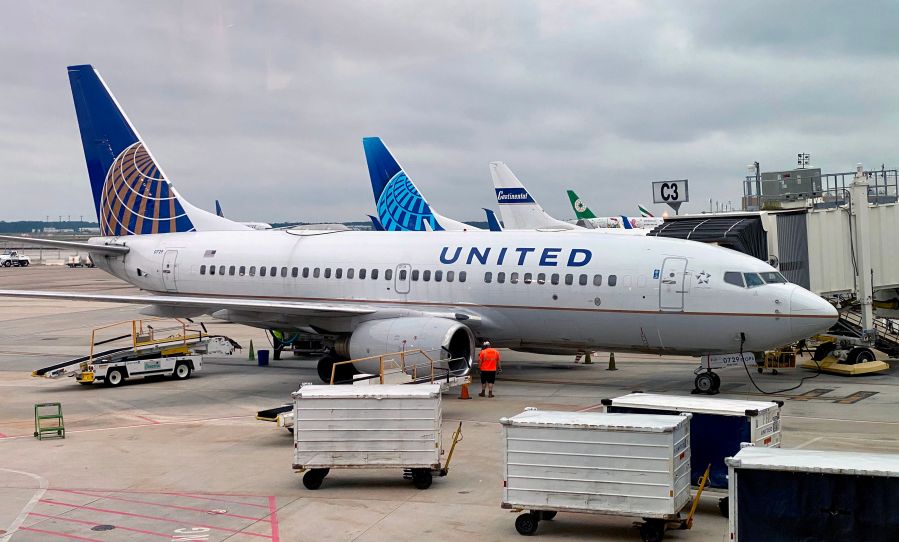Two top Democrats on the House Transportation Committee on Monday called on the Government Accountability Office (GAO) to examine the dangers of air travel during pandemics.
In a letter to the GAO, Transportation Committee Chairman Peter DeFazio (D-Ore.) and Transportation Subcommittee on Aviation Chairman Rick Larsen (D-Wash.) wrote that further analysis is necessary to better determine the risks of traveling by plane, both from the coronavirus pandemic and from other communicable diseases.
“We request the GAO undertake a series of three studies that will help inform Congress about the risks of air travel during a public health crisis, better understand the Federal response that has been taken to address these risks, and to identify lessons learned that can inform future Federal legislation,” they wrote in the letter.
The first requested study would examine government, academic and industry research into the transmission of communicable diseases during air travel. The second would examine the responsibilities of government officials as well as airports and airlines in addressing these risks, and a third would examine what the air travel industry has done specifically in response to the coronavirus pandemic.
Five years ago, the GAO released its own analysis calling on the Department of Transportation to develop national guidance for viral pandemics, but no such plan was ever completed, according to The Washington Post.
Air travel has been one of the hardest-hit industries during the pandemic, reducing by as much as 90 percent compared with this point in 2019 and costing the industry billions, the congressmen noted.
A Defense Department-backed study released in October indicated that transmission risk on airplanes is significantly lower when passengers wear masks. The research found that ventilation systems and air particle filtration result in the removal of 99.99 percent of particles released in the air from masked infected people within six minutes of release.
